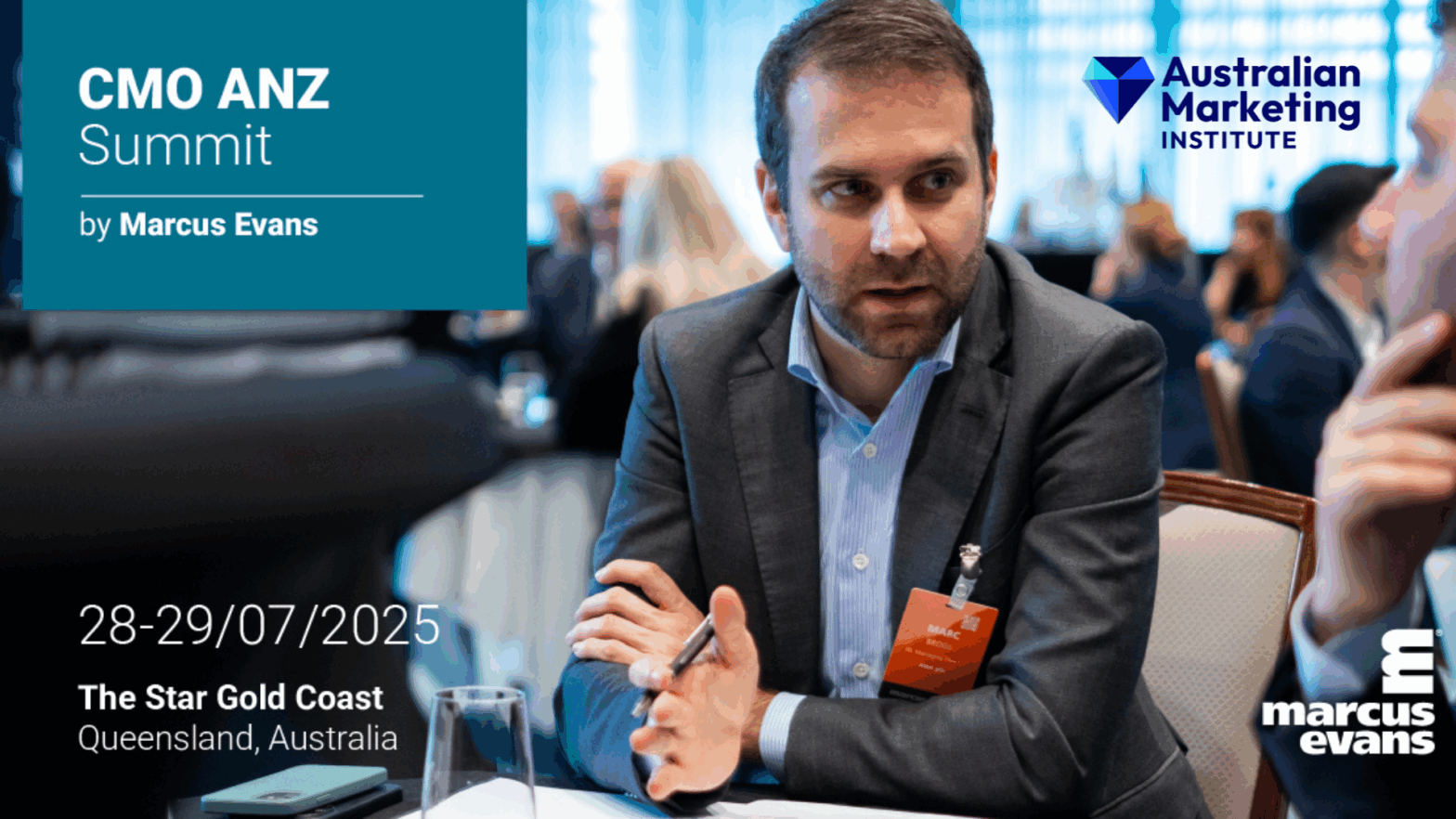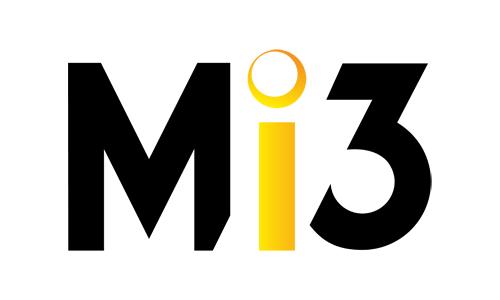A commitment to building brand awareness coupled with running’s explosive popularity and a diversifying product portfolio have seen Hoka power 25x in under a decade: In 2015 it sold 40,000 pairs of shoes in Australia, today it sells more than 1 million. Now it’s aiming to double that. Local success is indicative of rapid global growth for the running and trail shoe brand, which reported a 34 per cent increase in sales in the last quarter to 31 March 2024, bringing quarterly revenue to US$533 million and global revenue to US$1.8 billion, up 29.7 per cent year-on-year. Hot on the heels of a successful five-day experiential-led campaign in Sydney with its Hoka FlyLab cube and content program, Hoka ANZ chief, Matt Adams, and Emotive founder and CEO, Simon Joyce, unpack what it takes to balance brand investment with commercial return – and take a proactive over reactive marketing approach. Once people try the shoes, says Adams, 80 per cent of them buy.
Author: admin
Mary Meeker: AI isn’t accelerating business, it’s rebuilding at machine speed; geopolitics next
Venture capitalist and tech analyst Mary Meeker has emerged from a six-year public report hiatus with a 340-page warning shot: Artificial Intelligence isn’t just another wave. It’s the new substrate of business, power and society. Meeker paints a picture of a world re-architected by self-learning machines, sovereign algorithms, and compute-driven labour. What the internet did over three decades, AI will do in mere years – only deeper, and with consequences that reach all the way to geopolitical supremacy. Unlike many tech sector leaders, she doesn’t sugar-coat the fallout: white-collar jobs are in play, capital is moving at warp speed, and whoever controls the models may soon control the map.
The CMO Awards Podcast Ep6: How Arnott’s CMO Jenni Dill and Flintfox CMO Cath Brands drove growth – and won; what they had to cut, where they had to pivot
Weekly and monthly goals from baking prototypes to full-scale bakery, plus key consumers milestones on acceptance, were critical to realising Arnott’s gluten free growth opportunity, its most incremental launch to date, says CMO, Jenni Dill. For Australian pricing software player, Flintfox International, take two on European market expansion meant going all-in on native product extension and out-of-the-box compatibility and building a market presence from scratch. Meanwhile, former Curtin Uni CMO and now Growth Generators chief, Ty Hayes, sees foresight, insight and experimentation – then engineering with purpose – as the magic ingredients for making explosive growth happen. In our latest CMO Awards podcast episode celebrating this year’s inaugural Best Growth Initiative of the Year winners and highly commended brands, we explore what it takes to unlock growth.
The CMO Awards Podcast Ep6: Best Growth Initiative of the Year in focus: CMOs of Arnott’s Group, Flintfox share how they unlocked growth opportunities in the very different worlds of B2C and B2C
This year’s inaugural CMO Awards weren’t just a showcase of Australian marketing leaders doing an excellent job of marketing stewardship and effectiveness. We also introduced the Best Growth Initiative of the Year award, supported by Publicis Groupe, to single out and recognise strategic growth initiatives led by marketing teams. In this podcast episode, we bring together Jenni Dill, CMO of inaugural award winner, Arnott’s Group, with Cath Brands, CMO of highly commended Flintfox International, plus inaugural judge Ty Hayes, former Curtin Uni CMO and founder of Growth Generators, to delve into what it takes to unlock growth that delivers business-grade impact. From first identifying the opportunity, to how they freed up capacity and gained cross-functional buy-in to make it happen, these marketing leaders from very different B2C and B2B worlds shed light on the programs of work that led to success – and importantly, where they had to rethink and pivot. For judges, Arnott’s Gluten Free was a clear winner for Best Growth Initiative of the Year award for its gluten free effort – the most incremental launch the FMCG has had to date. Today, gluten-free biscuits make up approximately 10 per cent of the total biscuit market, with an impressive annual growth rate of 40 per cent. Remarkably, Arnott’s has driven 82 per cent of this growth in the past year alone, chalking up $40 million in sales. “When we got into it, what people really wanted was our biggest, known, loved icons, but gluten-free versions with no taste trade off. So that pretty quickly set our true north,” says Jenni Dill. “That meant a multi-year journey to invest in new bakeries, establish new ways of working, new methods of baking, new ways of going to market, new locations on shelf. It really was a concerted effort, but we also wanted to make sure we weren’t waiting two or three years to do something. So we had to get an MVP in the market. We had to start with our simpler products that were easier to get taste equivalent matches to in a gluten-free version. And then everything we did from a marketing perspective, had to make sure that everything was as incremental as it could possibly be.” At Flintfox, meanwhile, the growth opportunity was to take an Australian-made pricing solutions offering into the German, Austrian and Swiss markets. “The team and I had two goes at this,” Cath Brands admits. “In the first attempt, we did it the lazy way – we put a translate button on the website, did some contextual translation of what we did and decided to buy some LinkedIn media. Turns out that that’s not how you go to business in Germany. That’s not how the Germans play the game.”Take two required an all-encompassing approach: Native product extension, translation and new integrations with SAP, identifying nuanced user and macro conditions, building a market presence from scratch and a go-to-market approach. The result was winning two really big customers in Germany last year worth millions.For Ty Hayes, however different this year’s winner and highly commended brands may be, each identified strategic, innovative, approaches to drive significant net new revenue. “That was either attacking a new category or creating a new category, or entering a new market,” he says. They also demonstrate what Hayes sees as the top three things every growth initiative of substance needs: “Insight, foresight and experimentation”
EOFY sales surge: 71% of Australians plan to shop in 2025, driven by cost-of-living pressures
A recent survey conducted by PayPal Australia in collaboration with YouGov reveals a 23% rise in the number of Australians planning to participate in the End of Financial Year (EOFY) sales in June 2025.
Big W debuts live shopping strategy with toy sale event
Big W has partnered with Bread Agency to introduce a live shopping strategy aimed at enhancing the retail experience through live video commerce. The pair are touting Big W as one of the first major Australian retailers to fully embrace live shopping.
The Iconic and Nike encourage customers to ‘Outrun Your Delivery’ with Sydney race event
The Iconic and Nike are encouraging customers to out-run the retailer’s three-hour delivery van in two 5km running events in Sydney.
‘300% crisis call surge’: C-suite stress levels redline as marketing-media execs absorb compound pressure
A crisis specialist who survived his own public meltdown has spotted early warning signals that stress and burnout within the upper ranks of media and marketing are reaching critical levels. Enquiries from C-suite industry execs in the sector are up 300 per cent this year, making the brand supply chain the fastest growing cohort of those finding themselves approaching crisis point – or past it. Gary Fahey, a former executive officer to AFP Commissioner Andrew Colvin, unpacks the root causes of what’s gone wrong, and how to start to fix it.
Forrester report highlights generational shift in APAC business buying to under 45
Forrester’s latest report, “The State Of Business Buying In Asia Pacific, 2024,” reveals significant changes in the business buying landscape across APAC, with a generational shift showing 71% of business buyers now under the age of 45.
Moose Toys chief marketer Belinda Gruebner exits after 10 years
The chief marketing officer of fast-growing Moose Toys, Belinda Gruebner, has departed after a decade-long tenure with the Australian-owned toy brand.










